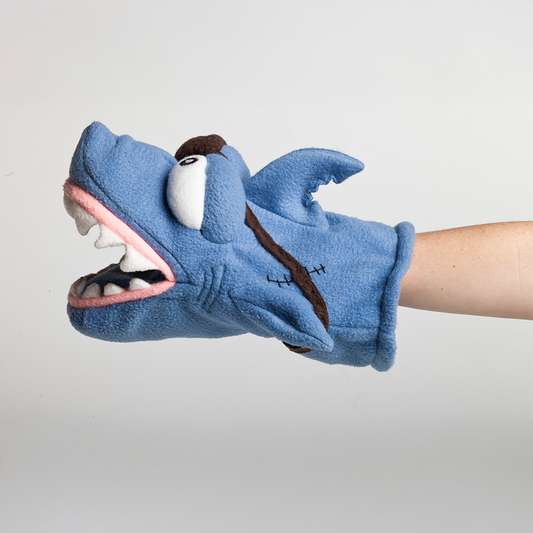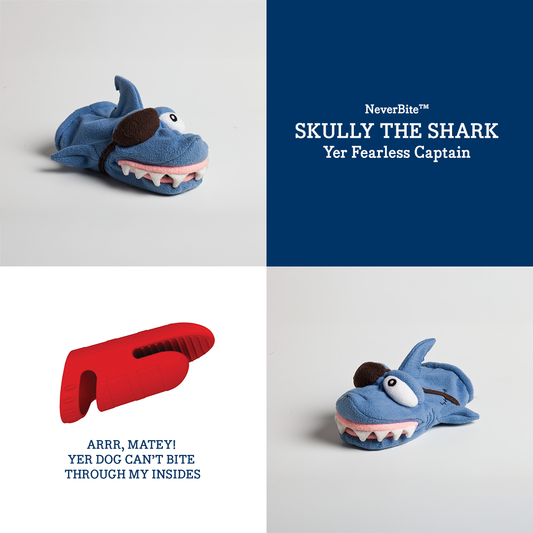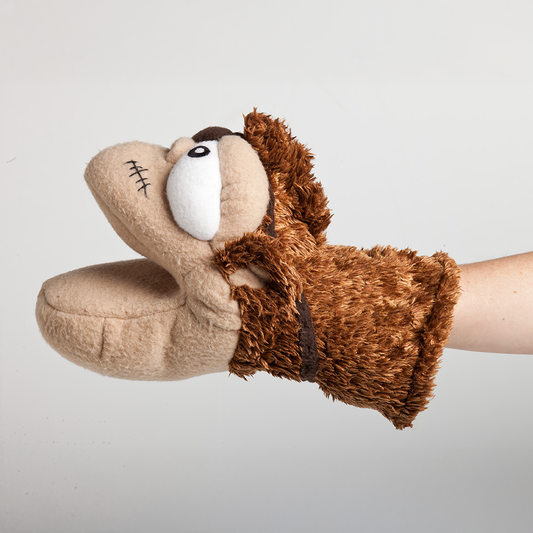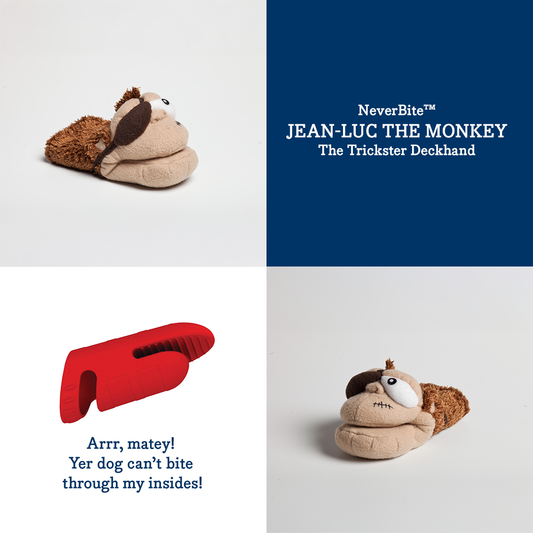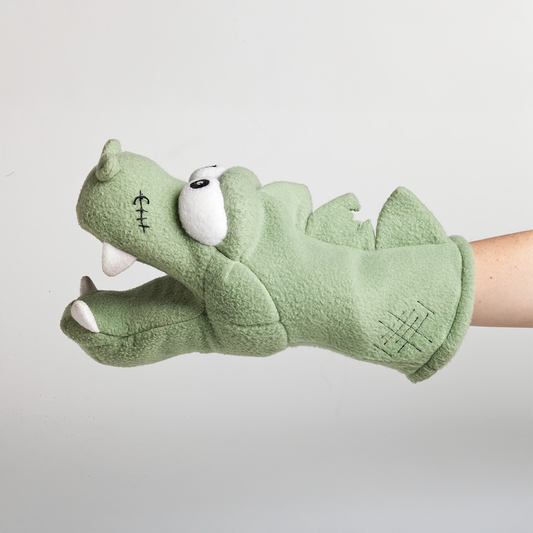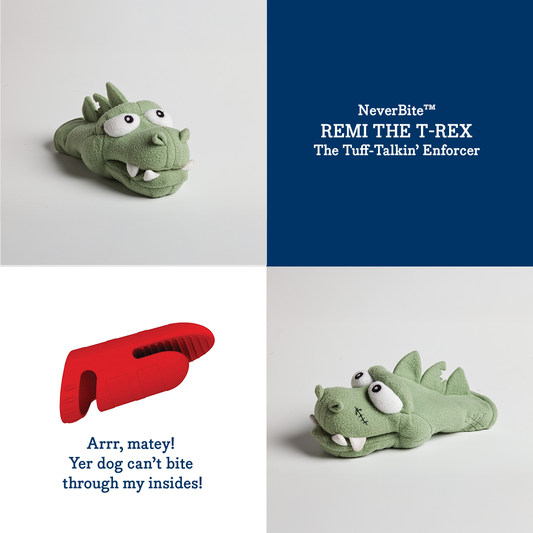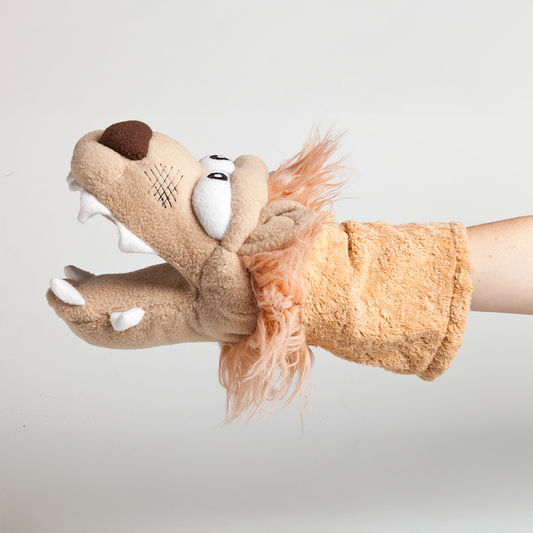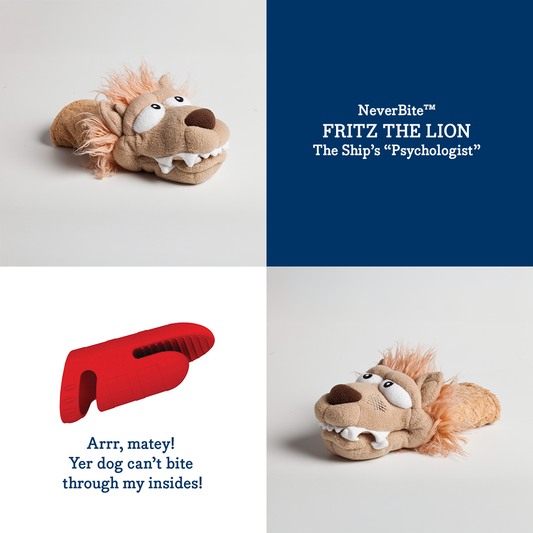
Common Puppy Owner Mistake #6 – Assuming Play Biting Means Aggression
Chewy ChumsShare
The Mistake: Puppy Owners Mistaking Normal Play for a Behavior Problem
It’s one of the most common fears new puppy owners have: “What if my dog is aggressive?” But in most cases, the biting you’re seeing is play-based—and totally normal.
Puppies use their mouths to explore, play, and communicate. It doesn’t mean they’re being dominant or aggressive. It means they need guidance.
Signs It’s Play, Not Aggression
- Relaxed body language
- Wiggly tail and bouncing movements
- Biting that stops when interrupted
- No growling or freezing
Why Mislabeling It Can Backfire
- Can lead to punishment-based responses
- Breaks trust during a learning phase
- Misses the chance to teach healthy behavior

What to Do Instead
- Interrupt calmly when play gets too rough
- Redirect to a safe toy like NeverBite™
- Use cues like “gentle” and “drop it” to shape the interaction
- Reward calm play and consistent engagement
Why NeverBite™ Helps the Process
- Protects hands while redirecting bites
- Built for tug, teaching cues, and teething
- Reinforces bite control in real-time play
With NeverBite™, you’re not just stopping bad habits—you’re shaping better ones.
Final Word From the Crew
Play biting is how puppies practice the world. Aggression looks different—and feels different. If your pup is playful but mouthy, guide them instead of scolding. You’ll build trust and better behavior.
Play smart. Redirect early. Train with NeverBite™.



